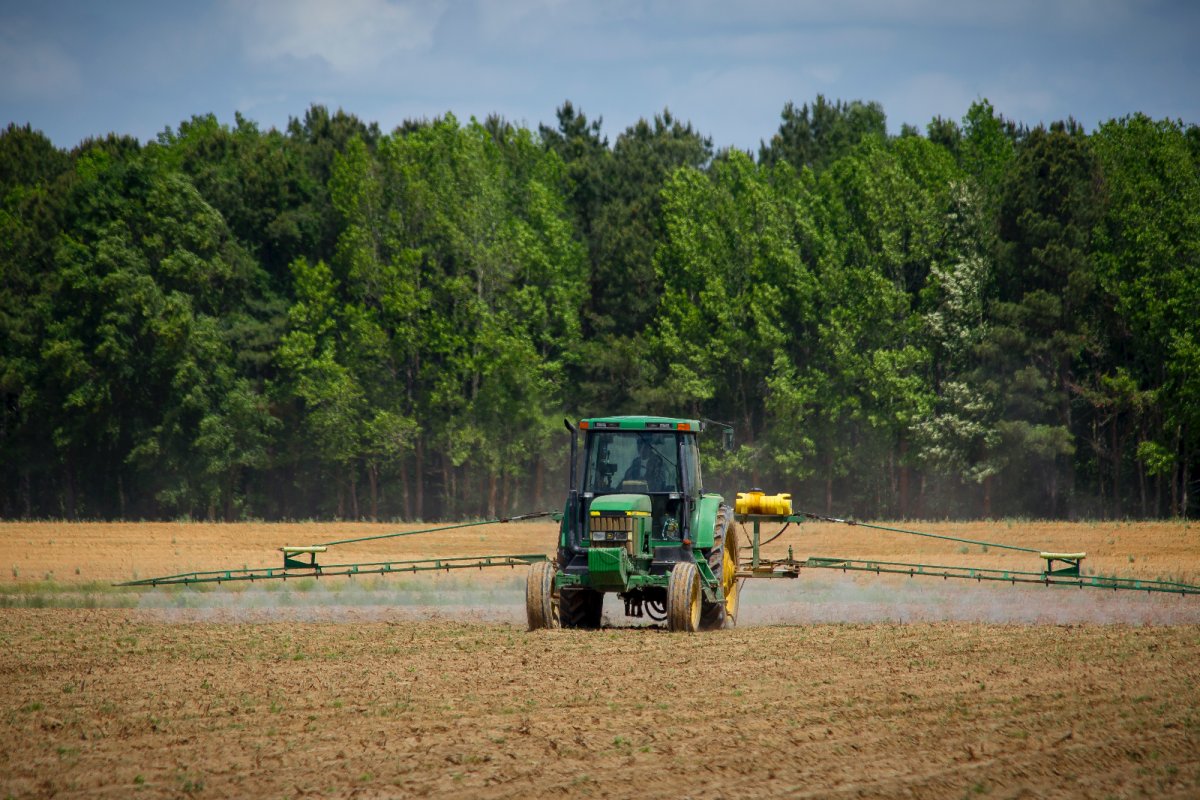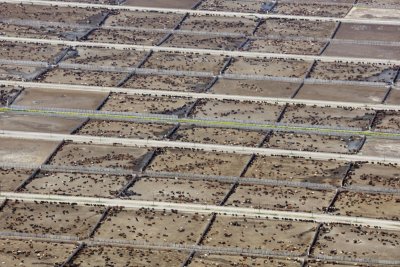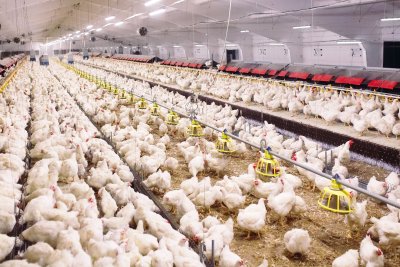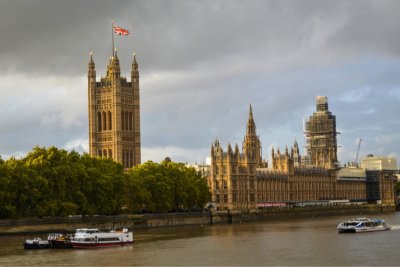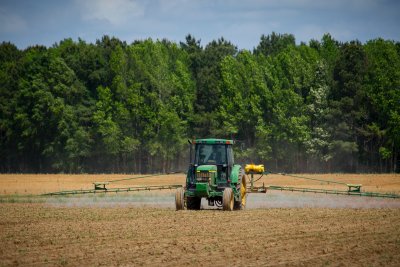 Spraying pesticides.. Credit: Mark Stebnicki | Pexels
Spraying pesticides.. Credit: Mark Stebnicki | Pexels
UK joins Indo-Pacific trade bloc, raising concerns about food, farming and environment standards
The UK Government has joined the Indo-Pacific trade bloc known as the Comprehensive and Progressive Agreement on Trans Pacific Partnership (CPTPP). The deal is projected to benefit UK GDP by just 0.08% in the long-term, but risks greatly undermining food safety, farming and environmental standards in the UK and in supply chains.
Reports suggest that Cananda attempted to use leverage in negotiations to remove the UK's ban on hormone treated beef. While the UK will keep its ban for now, bilateral conversations with Canada will take place on the issue.
As part of the CPTPP deal, the UK has accepted 13,000 tonnes of beef to be imported from the trade bloc every year, starting from 10 years after the deal is signed.
The UK has also, controversially, agreed to slash tariffs on palm oil, raising concerns about deforestation and the knock-on effect on climate change.
Sustain has worked jointly with Pesticide Action Network UK on a series of reports called Toxic Trade, and has reported on our concerns regarding standards in the CPTPP and the potential impact on the UK.
Orla Delargy, head of public affairs at Sustain said:
"The UK has joined a trade bloc where food, farming and environmental standards are lower than our own. This raises real concerns about the impact on consumer health and farm businesses in the UK.
"The UK needs to move to a style of farming that both feeds us and protects our environment. Those efforts will be undermined if we export harms overseas and undercut our farmers at the same time.
"Slashing tariffs on palm oil sends the wrong signal when we need global agreements to stop deforestation, restore nature and limit our global warming to 1.5C."
Joining the CPTPP could introduce food imports containing pesticides that are currently banned for use in the UK for health reasons. These include pesticides (e.g. triadimefon and chlorpyrifos) linked to cancer and negative impacts on sexual function, fertility, and cognitive development of babies and children.
CPTPP also encourages regulatory alignment of members on pesticides. This could lead to a weakening of UK standards to secure increased access to the UK food market. That would put UK farmers at further competitive disadvantage at a time when they are are being asked to produce more sustainably.
Membership of the CPTPP also risks driving pesticide-related harms in the member countries producing the food, where regulations are week and poorly enforced.
There are also concerns about antibiotic standards, which the Alliance to Save Our Antibiotics has set out in briefings on CPTPP members Canada and Australia.
As the UK diversifies it import markets, it could lead to an increase in exposure to food contaminated with antibiotic-resistant bacteria. That presents problems for human health and the effectiveness of vital medicines across the world.
We also know the following:
- The CPTPP phytosanitary agreement does not mention on farm antibiotic use.
- In Japan, farm antibiotic use is high and non-medically important antibiotics continue to be used for growth promotion.
- Farm antibiotic usage in Mexico is also high (9th in the world); about 12 times more per livestock unit than the UK.
The 11 members of the CPTPP are: Canada, Australia, New Zealand, Vietnam, Chile, Japan, Malaysia , Mexico, Peru, Singapore and Brunei.
You can read Sustain's brief on the UK accession to the Comprehensive and Progressive Agreement for Trans-Pacific Partnership (CPTPP).
Sustain were also joint signatories to a letter of protest sent to the Secretary of State for Business and Trade, Kemi Badenoch, by the Trade Justice Movement. Read Letter to Kemi Badenoch to halt the accession to Pacific trade deal.
Good Food Trade Campaign: Campaigning for good trade that benefits people and the planet at home and overseas.
Sustain
The Green House
244-254 Cambridge Heath Road
London E2 9DA
020 3559 6777
sustain@sustainweb.org
Sustain advocates food and agriculture policies and practices that enhance the health and welfare of people and animals, improve the working and living environment, promote equity and enrich society and culture.
© Sustain 2024
Registered charity (no. 1018643)
Data privacy & cookies
Icons by Icons8
